
Published:
Readtime: 6 min
Every product is carefully selected by our editors and experts. If you buy from a link, we may earn a commission. Learn more. For more information on how we test products, click here.
A few months ago, you’d probably never heard of “social distancing” and now it’s all you can think about. Ubiquitous on the news and social media, it asks you to maintain a distance of about six feet between yourself and the nearest human being. Should we all practice social distancing properly, it will help “flatten the curve,” i.e. prevent COVID-19 from spreading too quickly and overwhelming the healthcare system.
Being that we humans are social beings at our cores, it’s only natural that you might experience “social distancing anxiety” as this ordeal plays itself out. You can take solace in the fact that you’re not alone, as there are millions of others currently undergoing the same experience. Here are some additional ways to help reduce social distancing anxiety, none of which require medication or drastic lifestyle changes.
You’ll also like:
50+ Best Online Games to Play With Friends
How to Make Homemade Hand Sanitiser
10 Best Surgical Face Masks to Reduce the Spread of Germs
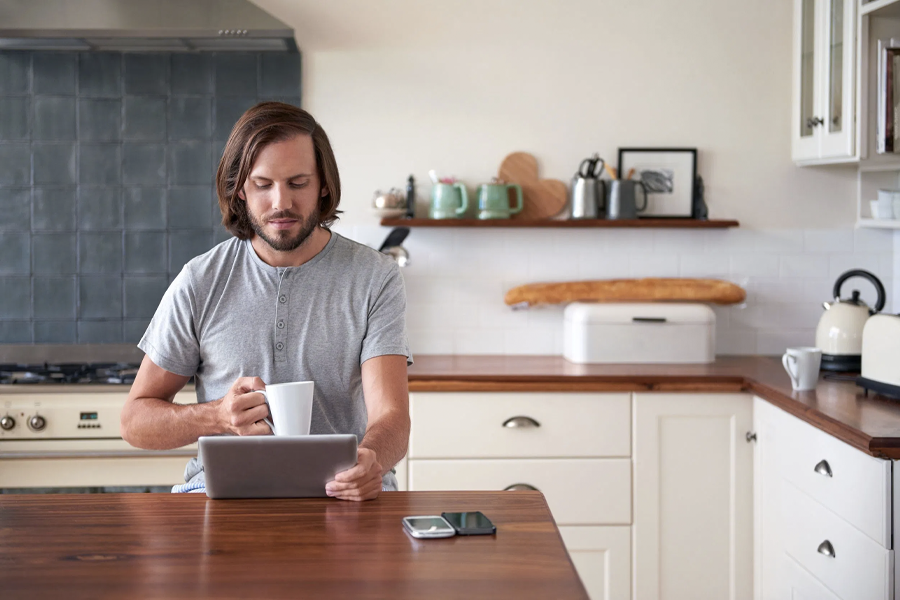
1. Mentally Prep Yourself
If current headlines and projections are anything to go by, we could be in this thing for the long haul. Should you want to ward off social distancing anxiety before it even occurs, you’ll need to mentally prep yourself for some serious stay-at-home time. Not only will this help you avoid feelings of nervousness and helplessness, but it can keep things like boredom and apathy at bay.
So how does one mentally prepare for self-isolation and social distancing? First and foremost, you should cultivate a daily routine in order to retain a sense of structure. As a result, you’ll stay focused on the task at hand and keep yourself occupied in the process.
You can also mentally prepare yourself by maintaining a positive outlook on what lies in wait. After all, who doesn’t look forward to time off from work? Meanwhile, you’ll have more opportunities to play video games, garden, watch movies, renovate, cook meals, read books, create something unique, and so on.
When all else fails, remember that this crisis won’t last forever. It too shall pass!
2. Moderate Your Media Diet
We live in what might be called a “clickbait media culture,” where various news organisations go to extremes while vying for your attention. That often means stoking as much fear and paranoia as possible, if only to keep engagement levels high. Yes, COVID-19 is bad but so too is a prevailing sense of sustained panic and alarmism.
As long as you keep pace with major announcements, current statistics, and proper protocols (self-isolation, social distancing, etc), there’s a good chance you can drastically reduce your media diet. Trust us when we say that a decrease in general anxiety will follow. If you want hard data, check out the Johns Hopkins Coronavirus Resource Center each morning and then move on with your day.
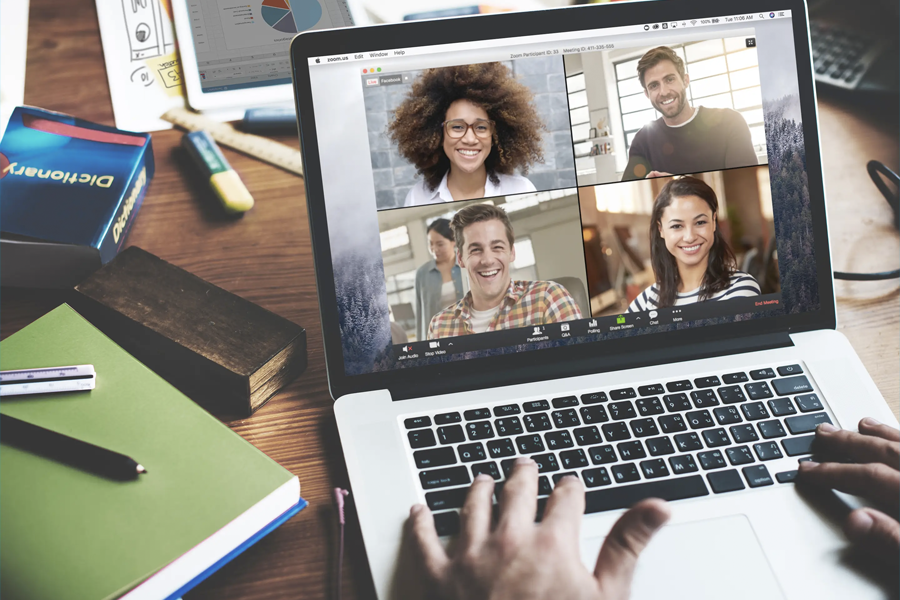
3. Keep Busy and Stay Connected
Keeping busy, staying organised, and remaining connected are three ways to fight anxiety, regardless of the current situation. Make sure you have a direct line to your friends and loved ones for solidarity and support. Thanks to various social platforms, clubs, apps, and other resources, it’s now easier to reach out and connect than ever before.
Along similar lines, you might want or need to maintain contact with co-workers, employees, or employers. Again, social media is your friend, as are some tremendously helpful teleconferencing services like Zoom (a personal favourite). It’s amazing what technology has achieved in this arena!
As we said before, you’ll also want to keep your life as structured as possible. Most human beings work best under semi-predictable conditions, where they can confidently put one foot in front of the other. Cultivate a daily schedule and stick to the routine by eating, working, playing, and socialising at set times throughout the day.
4. Share Your Emotions
If you’re experiencing social distancing anxiety, share your feelings with others instead of bottling them in. You might discover that a friend or loved one is going through the exact same thing. Either way, they’ll provide a proper amount of nurture and support.
Should you be feeling particularly open, head over to Facebook, Twitter, or Reddit and tell others what’s on your mind. Again, you’ll quickly discover that there are tons of people out there undergoing the same thing. On second thought, maybe stay off Twitter.
Last but not least, don’t hesitate to reach out to a professional online therapist. Thanks to the wonders of video conferencing, you can share your innermost thoughts and feelings while still maintaining a proper social distance.
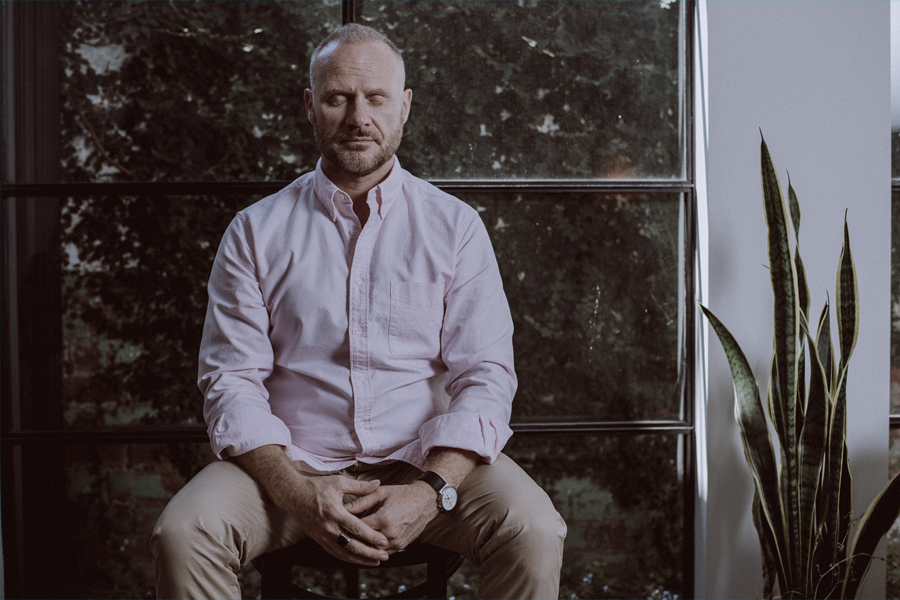
5. Seek Inner Peace
For some of us, anxiety is simply par for the course (though global pandemics and enforceable anti-social practices certainly don’t help). As such, this might be the perfect time to look inward by way of meditation or some other form of mindfulness.
If you can isolate the root cause of your general anxiety, you just might be able to obtain a consistent sense of balance and clarity. Who knew that a panic-inducing crisis could be the very thing that curbs your anxiety once and for all?
General FAQ
Social distancing is the practice of maintaining at least six feet of distance between yourself and others. Practice it properly and you’ll help flatten the curve, i.e. prevent COVID-19 from spreading too quickly and overwhelming the healthcare system.
Social distancing anxiety is a natural feeling of restlessness or helplessness, which can arise when you self-isolate or stop socialising with other humans.
There are potential ways to reduce social distancing anxiety without resorting to medication. What’s most important is that you retain a sense of daily structure and consistently communicate with both your friends and loved ones.
You’ll also like:
How to Fall Asleep Quickly
How to Make Homemade Hand Sanitiser
Man of Many Mental Health Hub


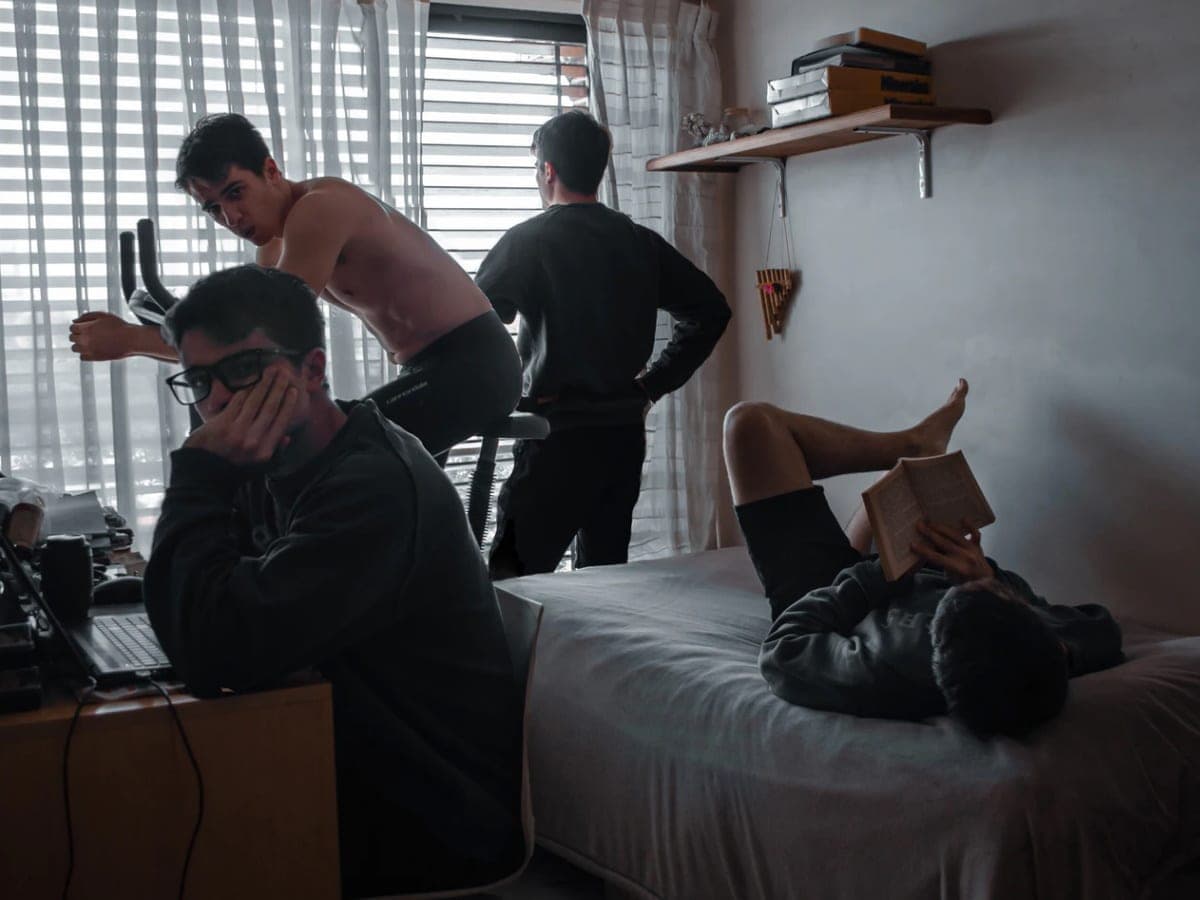






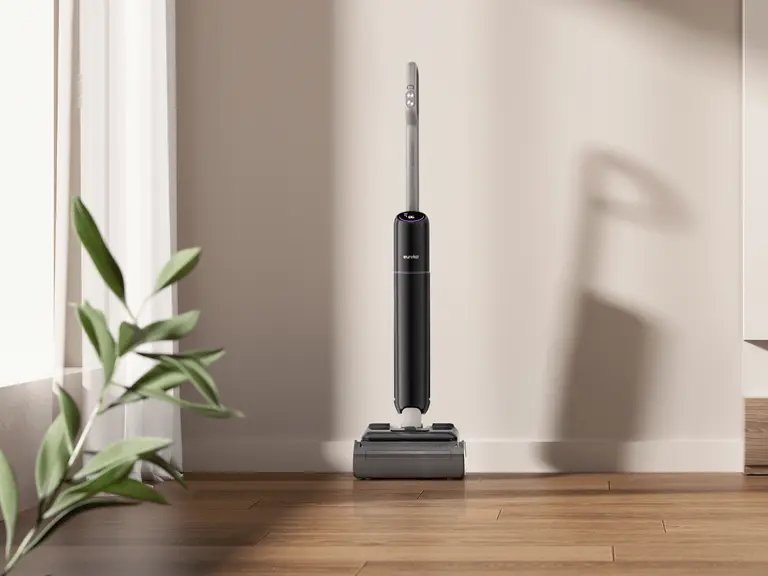


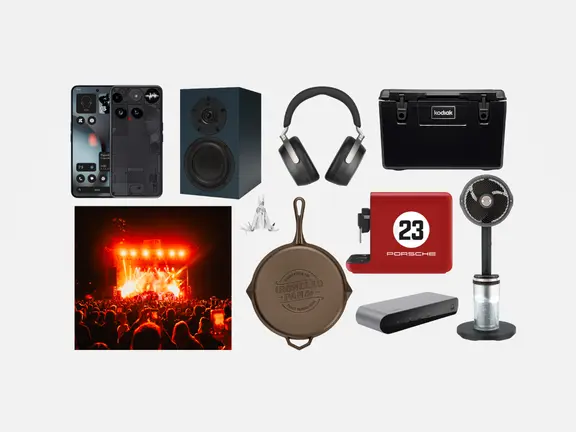












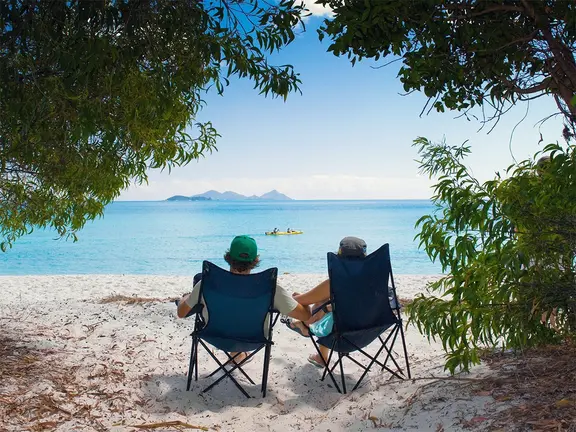




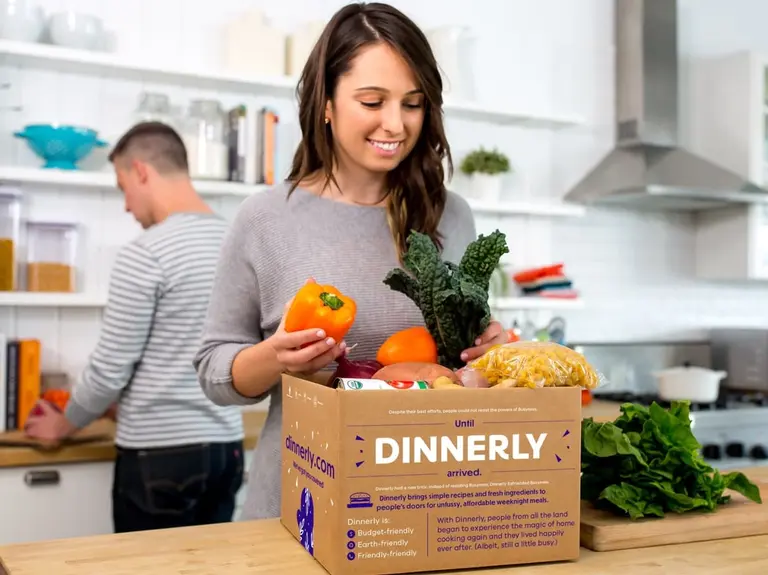



Comments
We love hearing from you. or to leave a comment.